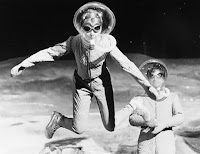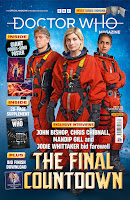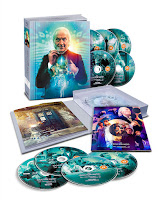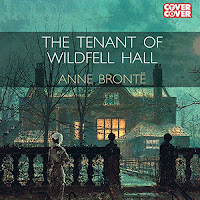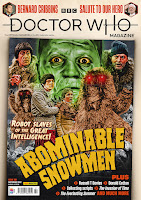Charles Hawtrey of the
Carry On films had an alcoholic cat. It was,
“pampered with port-soaked sugar lumps, its bread and butter sprinkled with Cyprus sherry, [and] used to walk into doors and see double when chasing mice.” (pp. 70-71)
This is just one extraordinary, sad and savage anecdote in Roger Lewis's pithy biography. Lewis has been diligent in going through BBC and BFI paperwork and in talking to those who knew Hawtrey in person. As well as the cast and crew of various productions, Lewis spoke to cab drivers, publicans, neighbours, and is good on the gulf between the cheery, cheeky persona captured on film and the angry, lecherous drunk of real life.
Hawtrey's meanness is quite something:
“Of necessity [Lewis claims] he was frugal, penny-pinching. He maintained his account at the Royal Bank of Scotland (Piccadilly branch), because he believed the Scots would keep a beadier eye on their customers’ shillings. He’d lug bags of carrots from Leeds to Kent, because vegetables were cheaper in Yorkshire. He pilfered toilet rolls from public lavatories — or at least his mother did. She was notorious for wiping out supplies at Pinewood and, when rumbled, tried to flush away the incriminating evidence, which blocked the drains, closing down production on Chitty Chitty Bang Bang. Hawtrey was told that in future his mother would have to be locked in his dressing room.” (p. 72)
That's a fantastic a story but I'm not sure it can be true as Chitty Chitty Bang Bang began filming in June 1967 and Wikipedia claims that Hawtrey's mum Alice died in 1965. Lewis doesn't provide a source.
There's lots on money here. Hawtrey and his costars did not get rich from the Carry On films but producer Peter Rogers did. Instead, Hawtrey converted his house in Kew into bedsits — though implied to Roy Castle while making Carry on Up the Khyber in 1968 that he owned a “block of flats”. But Lewis says this enterprise didn't work out, and Hawtrey ended up being “ripped off” (p. 89). He retired to Deal, got banned from all its pubs and finally collapsed in a hotel doorway.
It's a troubled end to a troubled career. Hawtrey “never mixed with the rich and famous” (p. 12), and yet and some notable early roles. As well as playing several women on stage, he understudied Robert Helpmann as Gremio in Tyrone Guthrie’s production of The Merchant of Venice at the Old Vic, the cast including Roger Livsey as Petruchio and, in a small part, the future novelist Robertson Davies. A couple of years later, Hawtrey was in the cast of New Faces, the show that debuted Eric Maschwitz's hit song, “A Nightingale Sang in Berkeley Square.”
But Lewis shares excerpts over three pages from polite, curt rejections from the 1940s and 50s. Then, on page 61, he gives a long list of names at the BBC that Hawtrey wrote to in radio and TV, but concludes that these were,
“all radio or television apparatchiks, and not a single one of these names rings any bells with me” (p. 61n).
In fact, the list includes television pioneer Rudolph Cartier, Cecil McGivern (Controller, then Deputy Director of Television) and Shaun Sutton (later Head of Drama). I recognised various jobbing staff directors from the drama department, and Graeme Muir from light entertainment. So Hawtrey wasn't just writing to “everybody at Broadcasting House, from the Director-General to the janitors”; this is evidence of his range and aspirations — a serious, dramatic actor as well as comic foil.




.jpg)







